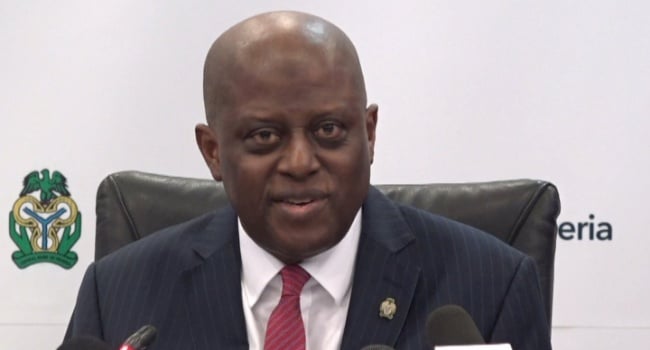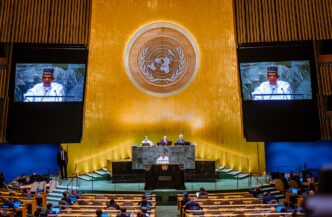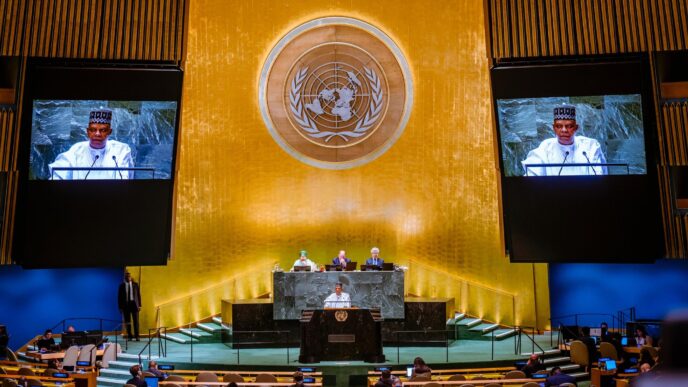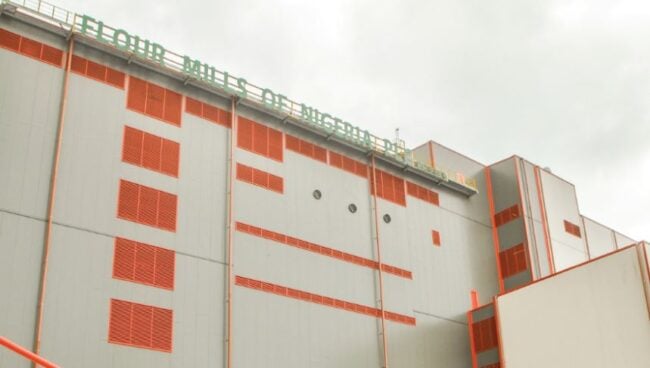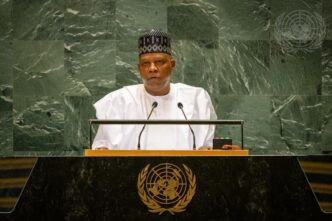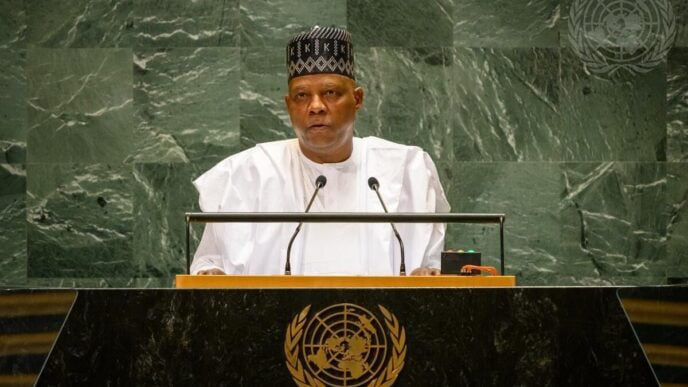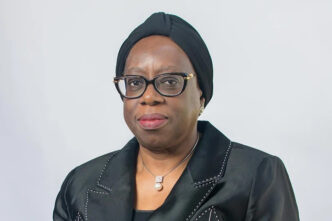Olayemi Cardoso, governor of the Central Bank of Nigeria (CBN), says the multiple interest rate hikes have restored confidence in the naira.
According to Cardoso, the consecutive interest rate hikes have encouraged people to see the currency differently.
The CBN governor spoke at a press conference on Tuesday after the monetary policy committee’s (MPC) 297th meeting in Abuja.
Since the resumption of the MPC meeting this year, the committee has increased the monetary policy rate (MPR), which benchmarks the interest rates, from 22.75 percent in February to 27.25 percent in September.
Advertisement
Cardoso said the monetary tightening has also helped to moderate inflation.
“There was a situation where exchange rate was really running at an incredible pace and people were beginning to lose confidence in the currency,” he said.
“We believe that these multiple hikes have helped for people to now begin to take a different look at their currency, and there is a greater incentive to hold naira as opposed to a situation that we had before where this was not the case.”
Advertisement
However, on June 12, the World Bank warned that the multiple interest rate hikes may not rein inflation and the failure of the monetary tightening poses a risk to economic growth.
Also, the Centre for the Promotion of Private Enterprise (CPPE) on Tuesday said the latest hike in interest rate by the CBN is detrimental to investment and economic growth.
Speaking further, Cardoso said the CBN has worked to make the foreign exchange market more flexible and transparent by clearing the backlog of $7 billion and improving transparency in its operations.
He said it has rebuilt confidence in Nigeria’s financial system.
Advertisement
On February 5, Cardoso said he inherited a $7 billion foreign exchange (FX) backlog when he became the head of the apex bank in September 2023, however, it has dropped to $2.2 billion.
A month later, the CBN announced that it had successfully settled all valid outstanding FX obligations.
‘MONEY SUPPLY INCREASED BY N35TRN WITHIN 8 YEARS’
Cardoso said money supply increased by N35 trillion within eight years due to ways and means advances.
Advertisement
The CBN governor said between 2015 and 2023, the country’s money supply rose from N19 trillion to N54 trillion.
He said the increase was driven majorly by the printing of money through the ways and means mechanism, which led to an alarming rate of liquidity into the economy.
Advertisement
“We came into a very loose money supply situation. Between 2015 and 2023, the past eight years witnessed an incredible amount of pumping of liquidity into the system,” Cardoso said.
“In 2015, money supply was about N19 trillion and in 2023, it was N54 trillion. That is a huge increase, a very, very huge increase, and a substantial amount of that was through ways and means.
Advertisement
“Essentially printing of money resulted in a huge amount of money chasing because this is the implication. Chasing the same amount of goods, a relatively small amount of goods growing at 1.2 percent during that time and money supply was growing at 12.6 percent. You can see the inherent distortion there.”
The CBN governor said the situation worsened in 2015, when global oil prices collapsed, aggravating Nigeria’s economic challenges, given its heavy dependence on oil.
Advertisement
He said as a result of the collapse in oil prices, there was a decline in available FX, prompting authorities to fix exchange rates, which subsequently led to multiple exchange rates and opportunities for arbitrage.
“In other words, you had a situation where the response to excess money supply, little foreign exchange available was to fix exchange rates which now resulted in multiple exchange rates and arbitrage opportunities between one and the other and of course, this in itself, resulted in a backlog of foreign exchange, because this is where all these things have come from,” he said.
“Real sector at the time were obviously unable to access foreign exchange and things really got difficult and inflation continued to spike.”
Cardoso said upon assuming office, the CBN initiated a series of reforms to address the distortions.
One key reform, according to the CBN governor, was the attempt to harmonise the multiple exchange rates.
He said it has yielded positive results.
“Including the fact that you no longer have these multiple windows and including the fact that exchange rate is a lot more flexible and people are more able to transact their businesses through willing buyer, willing seller, as opposed to a situation where multiple exchange rates discourages or does not enable that to happen,” he added.
On January 29, CBN said it had started implementing a comprehensive strategy to improve liquidity in the Nigerian FX markets in the short, medium, and long term.
The apex bank said the FX reforms were designed to streamline and harmonise multiple exchange rates, promote transparency, and lessen the likelihood of arbitrage opportunities.
Add a comment
